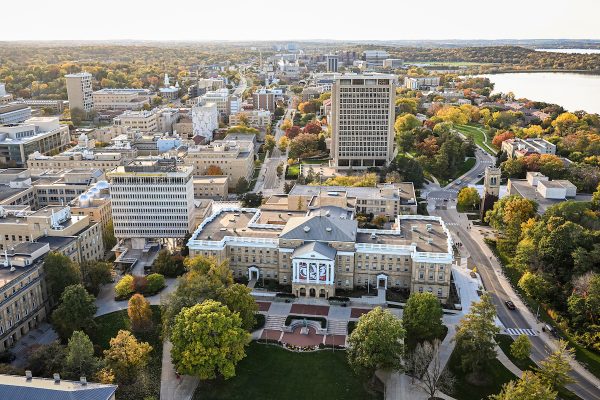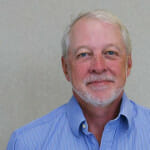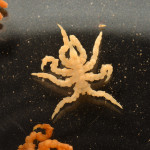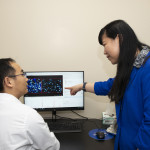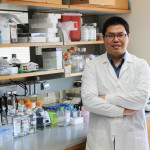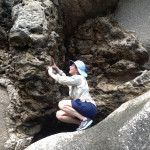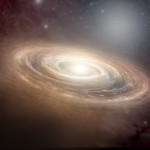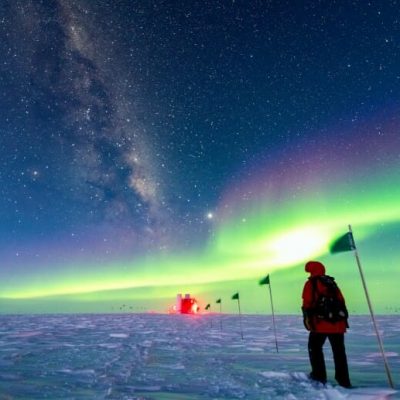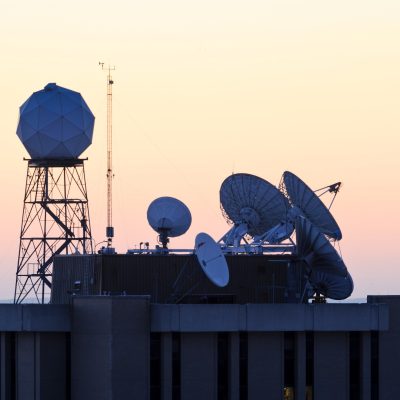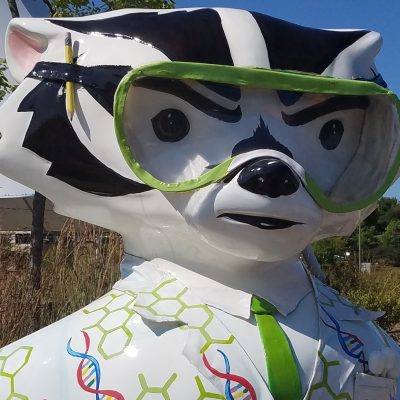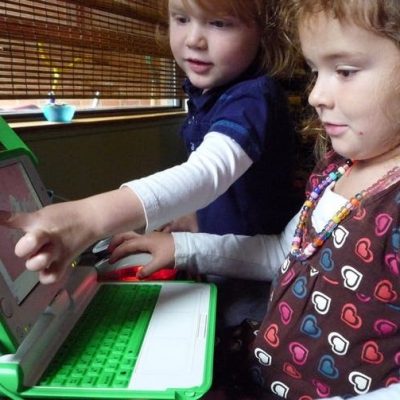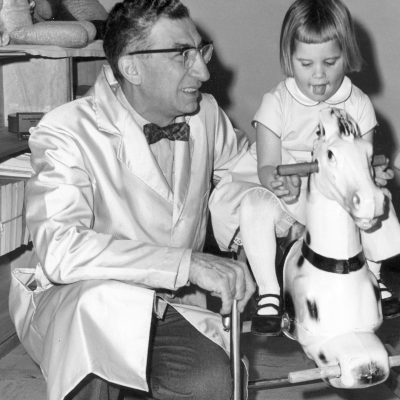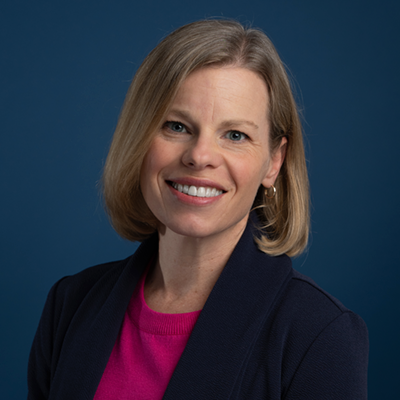UW-Madison launches Microbiome Initiative
We are not alone. Each of us carries a wide array of microbial species that outnumber our cells by ten-fold. Recent studies have shown that the complement of microorganisms, the microbiome, is an important determinant of human health and disease. The microbiomes of other animals, plants, soil, bodies of water, and the atmosphere play similarly important roles.
Our understanding of the diversity and roles of these microbiomes is limited, a fact that led the White House Office of Science and Technology Policy to launch the National Microbiome Initiative (NMI) last year. Stakeholders, including UW-Madison, have responded with new commitments to develop a comprehensive understanding of microbiomes across all ecosystems.
UW-Madison’s Microbiome Initiative comes with $1 million in grant funding administered by the Vice Chancellor for Research and Graduate Education to support interdisciplinary research, infrastructure, and research community enhancements related to the microbiome.
To read the full press release go here.
Four UW faculty recognized with Early Career Innovator Awards
The Office of the Vice Chancellor for Research (OVCR) has announced the recipients of the 2024 Early Career Innovator Award, which recognizes four UW–Madison early career faculty for engaging in technology transfer…
UW–Madison alum and theoretical physicist named WIPAC director
Dan Hooper, PhD, has been selected as the new director of the Wisconsin IceCube Particle Astrophysics Center (WIPAC). Hooper will begin his role at WIPAC on Sept. 9 and as…
Faculty receive 2024-25 WARF Named Professorships, Kellett Fellowships, and Romnes Awards
Thirty-two UW–Madison faculty have been awarded fellowships from the Office of the Vice Chancellor for Research for 2024-25. The awardees span the four research divisions on campus: arts and humanities, physical sciences,…
News and Announcements
Research Events
July
-
8
7:00 pm,Kemp Natural Resources Station, Woodruff
-
10
Allen Inspiring Children Lecture 2025: What Inspires Me? Reflections from a Pediatric Nephrologist’s Journey7:30 am, 1345 Health Sciences Learning Center
-
11
David Gamm, MD, PhD; Jennifer Larson, MD; Colleen McDowell, PhD; Sanbrita Mondal, OD; Donna Neumann, PhD; Kathleen Schildroth, MD; Ismail Zaitoun, PhD, "2025 Experience Event: DOVS Current Research and Opportunities for Residents"7:00 am, 1345 Health Sciences Learning Center
Discover Research
UW Research at a Glance
-
6th
in nation for volume of research -
$1.73B
spent on research -
17
VCR research and service centers

